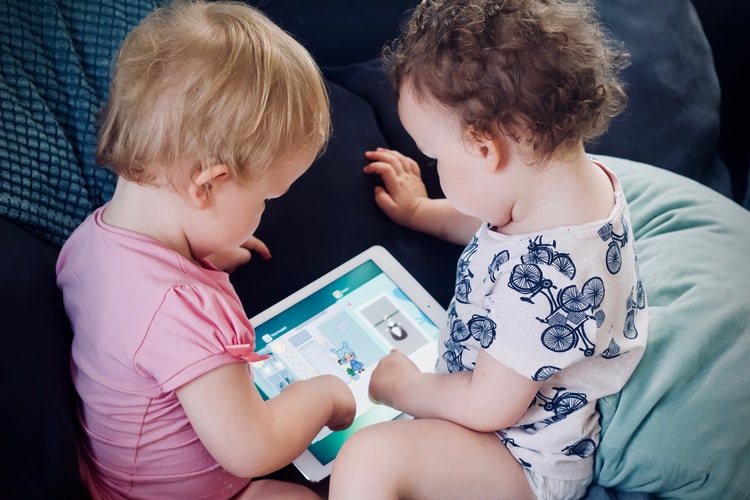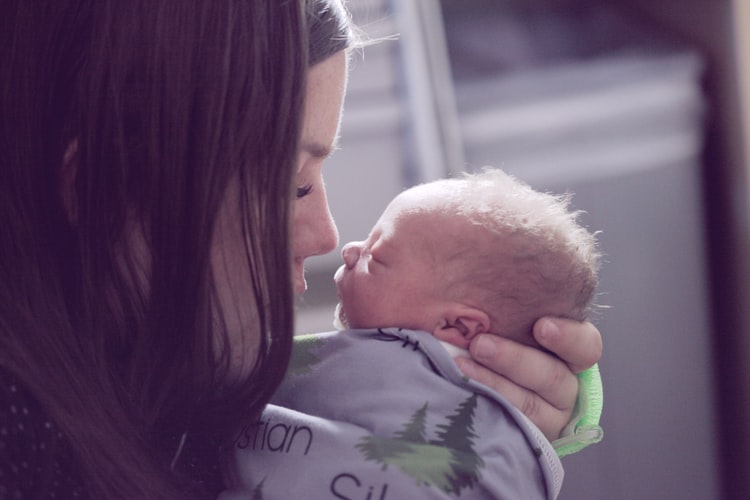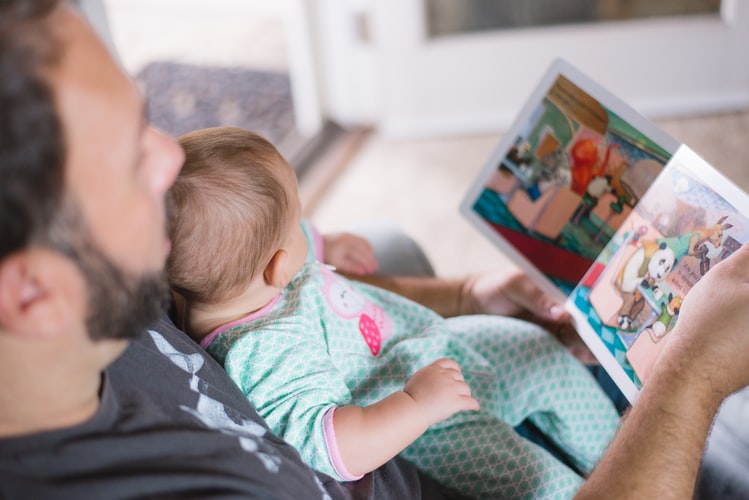Watch these adorable babies argue their way into solving the missing sock theory.
Aiming towards enhancing newborn baby communication skills early on is something every parent wants. This is because the ability to communicate your ideas in a clear and concise manner is a skill everyone needs to master. The development of communication skills begins when we are babies and inevitably carry on to when we are adults. Talking babies are absolutely adorable. They speak in a manner that tickles our insides and makes us want to communicate back with them in their own style. Though this may seem like the cutest way to communicate with them, it may be better to stick to actual responses. This is because babies learn a lot from verbal ques. Speaking with them properly is on way to develop their communication skills. Using these tips will enhance your baby’s communication skills and get them to the level they need to be at.
Give Them the Chance To Socialize
Interaction with other babies is one key way to start enhancing newborn baby communication skills. You may think that teaching them to communicate on your own should be enough, but in truth they need interaction with babies their own age. This is because of their “us & them” mindset. Children tend to pay more attention to those who are at the same age as them. Through interaction they are exposed to different forms of communication that could vary from your methods. Learning new forms of communication outside the comfort of a direct family will allow your baby to start navigating the various ways in which people communicate. Once they understand this, they can start developing their own unique sense of communication and in turn, learn how to communicate in their own style.

Narrate What You Are Doing
Your baby will learn most of their early childhood communication skills from the manner in which you teach them. Leading by example is one surefire way to develop baby communication skills. In this regard, if you want your child to start speaking, learn how to speak with them as often as possible. One way to do this is to constantly narrate what you are doing. By doing this they not only learn verbal skills but life skills as well. When you narrate what you are doing, they take in the words you say linked to the action you are doing. It is a two for one method that will help with your baby’s development. Through simply narrating your actions they start to lean words and reinforces the benefits of communicating with people around them.

Read to Your Baby
Reading has always been a great way to master early childhood communication skills. Even during the digital age, reading still proves to have many positive impacts. This is especially true when it comes to developing your baby’s communication skills. By reading to your baby, they can start to associate words with pictures which will also help them develop comprehension skills. It is best to read to your child during the day, as they will have more focus, energy, and attention at that time. Since they are more focused, your baby will retain more. At night, they may be tired and have less focus and may not retain as much of the information you would like.

Your baby’s communication skills will develop over time. As they develop, make sure to take steps to support their growth and understanding of the complexity of communication. Helping them understand different forms of communication will give them the resources they need to get their ideas out there in a clear and concise manner. By constantly finding new ways to communicate with your baby, they soon will follow by example and learn from you.
This post was created with our nice and easy submission form. Create your post!




